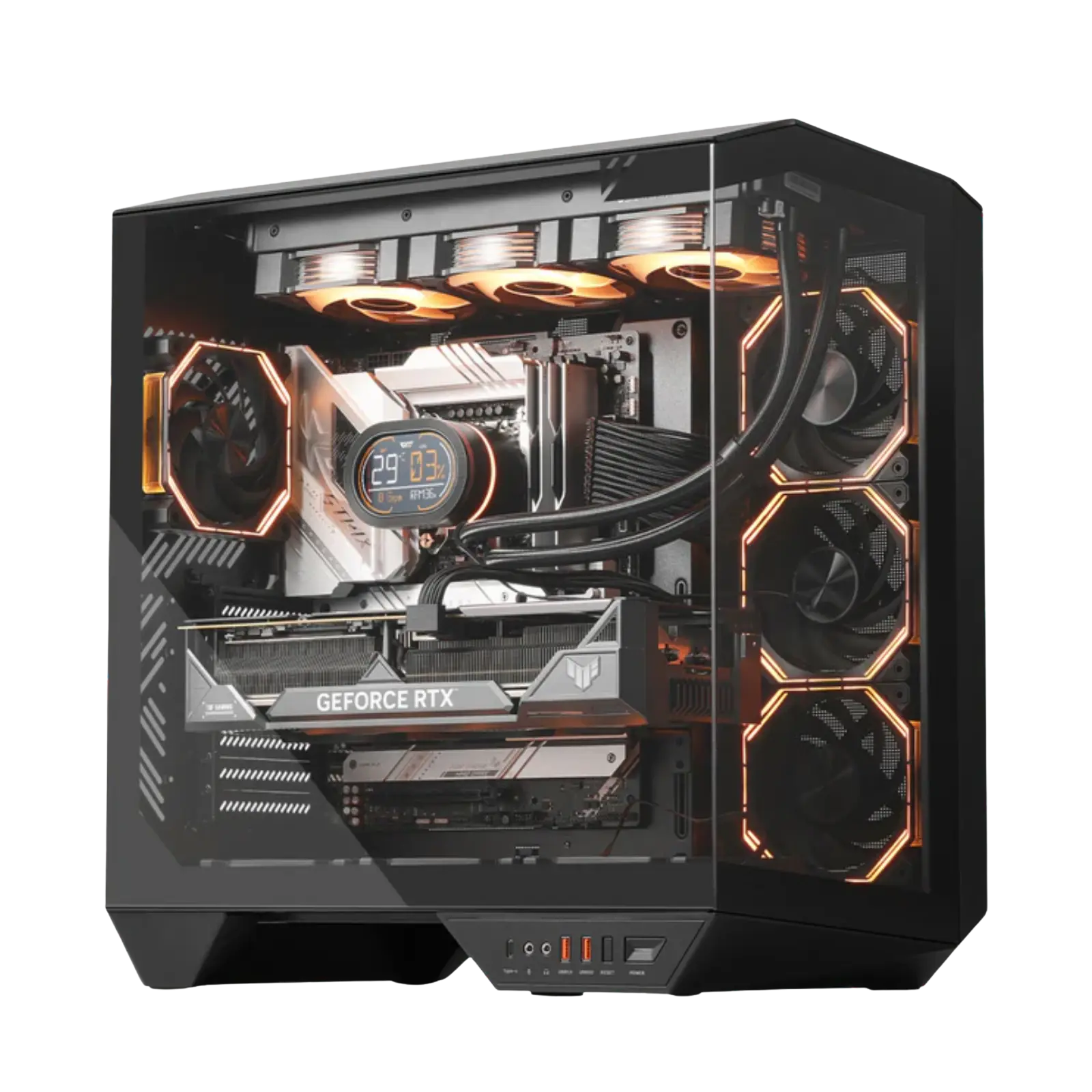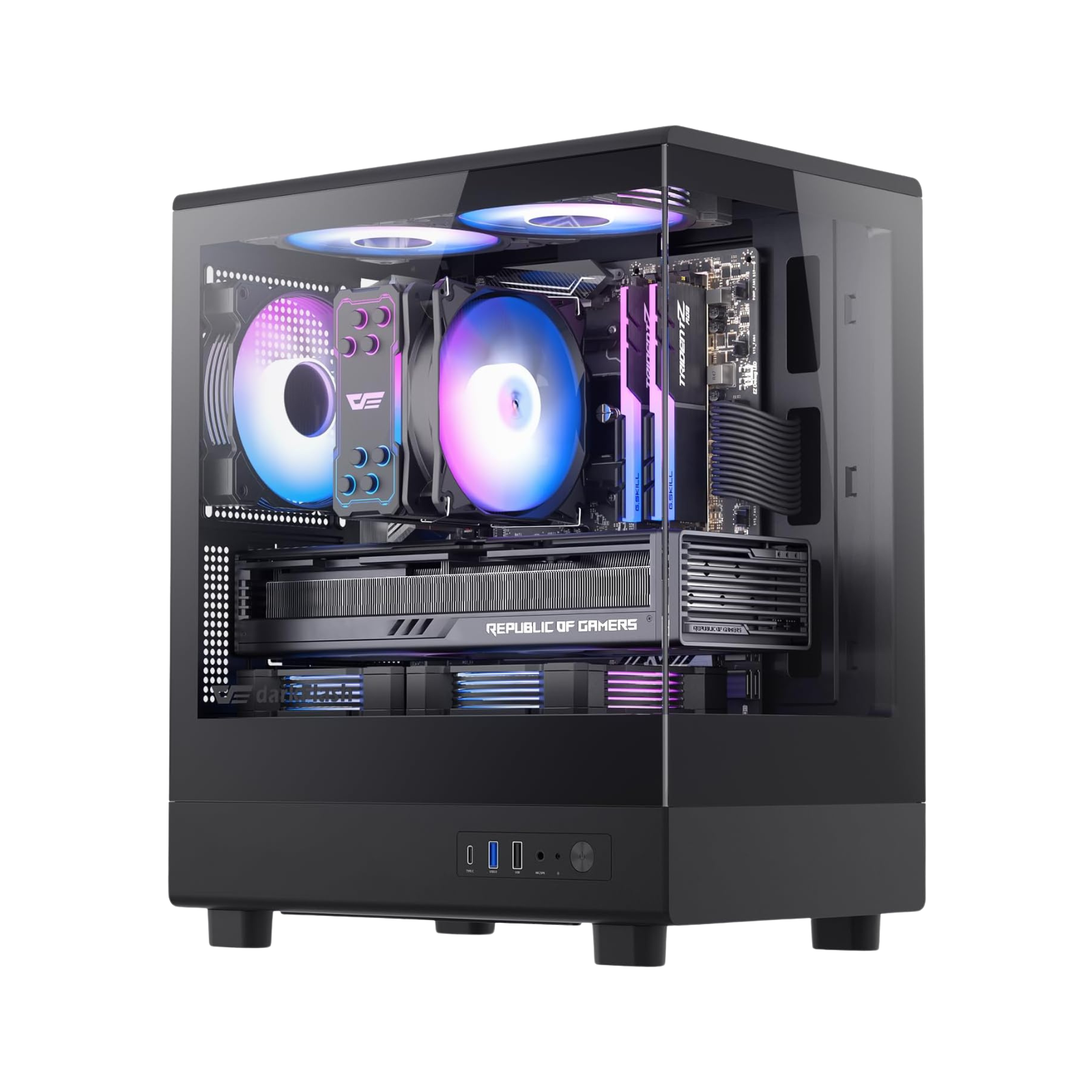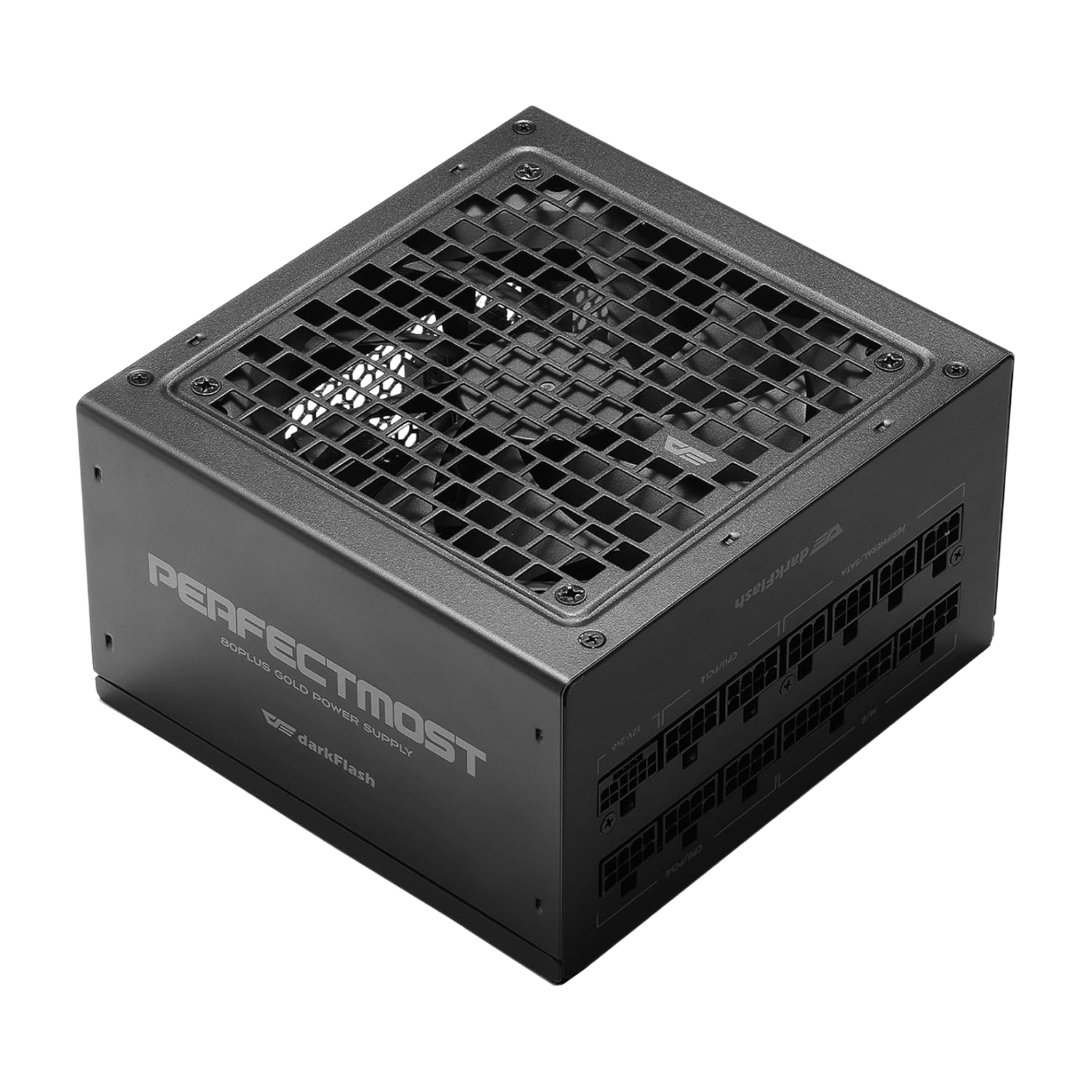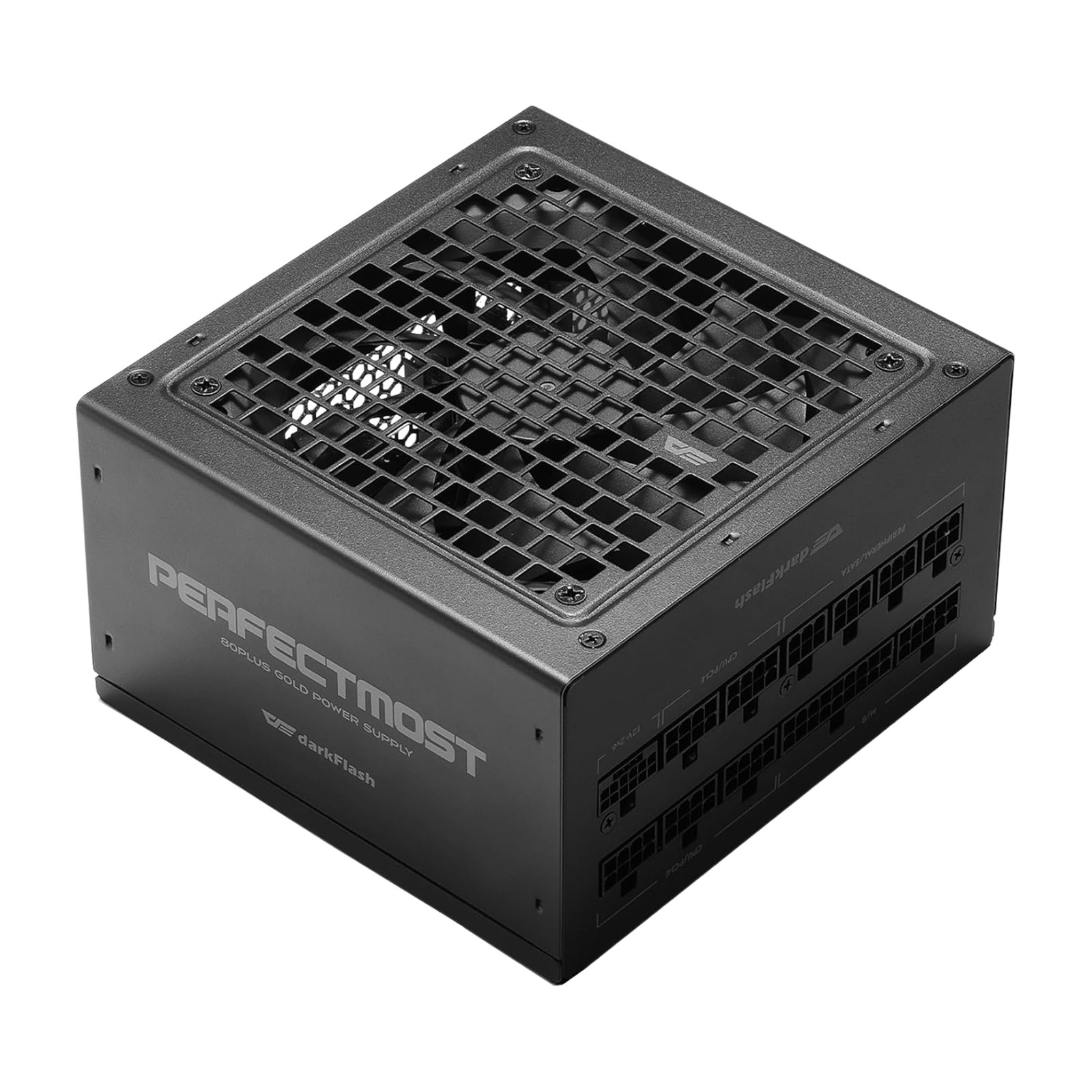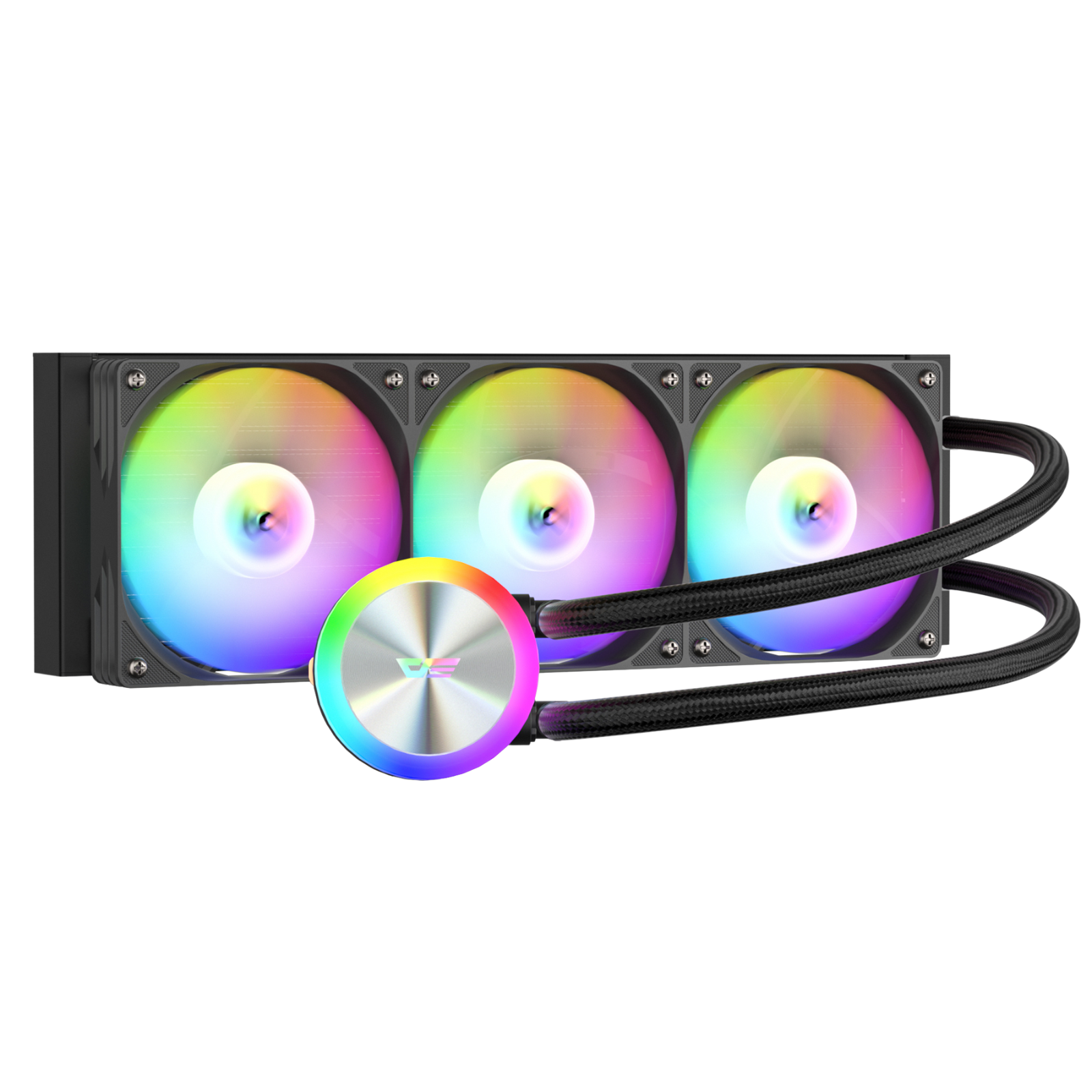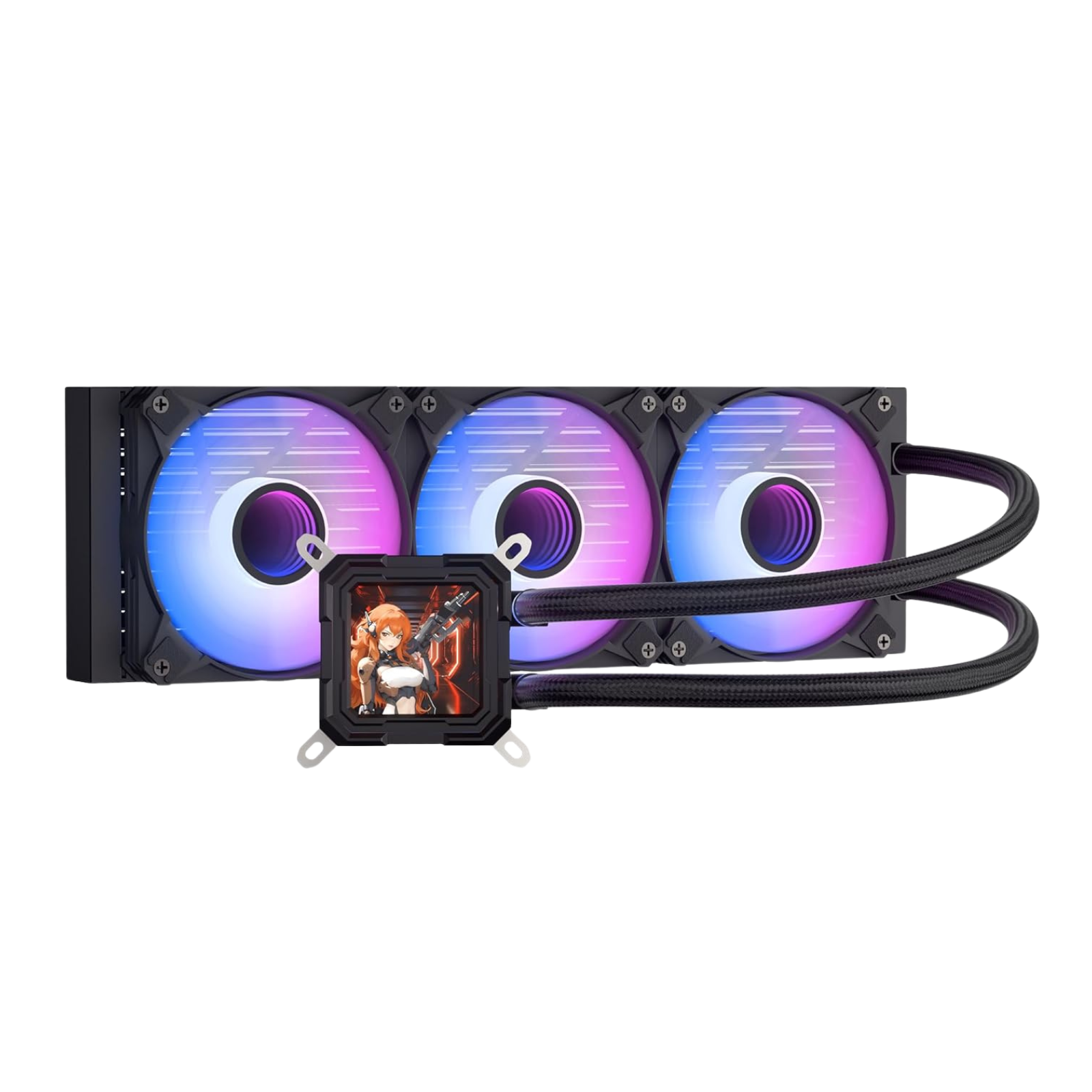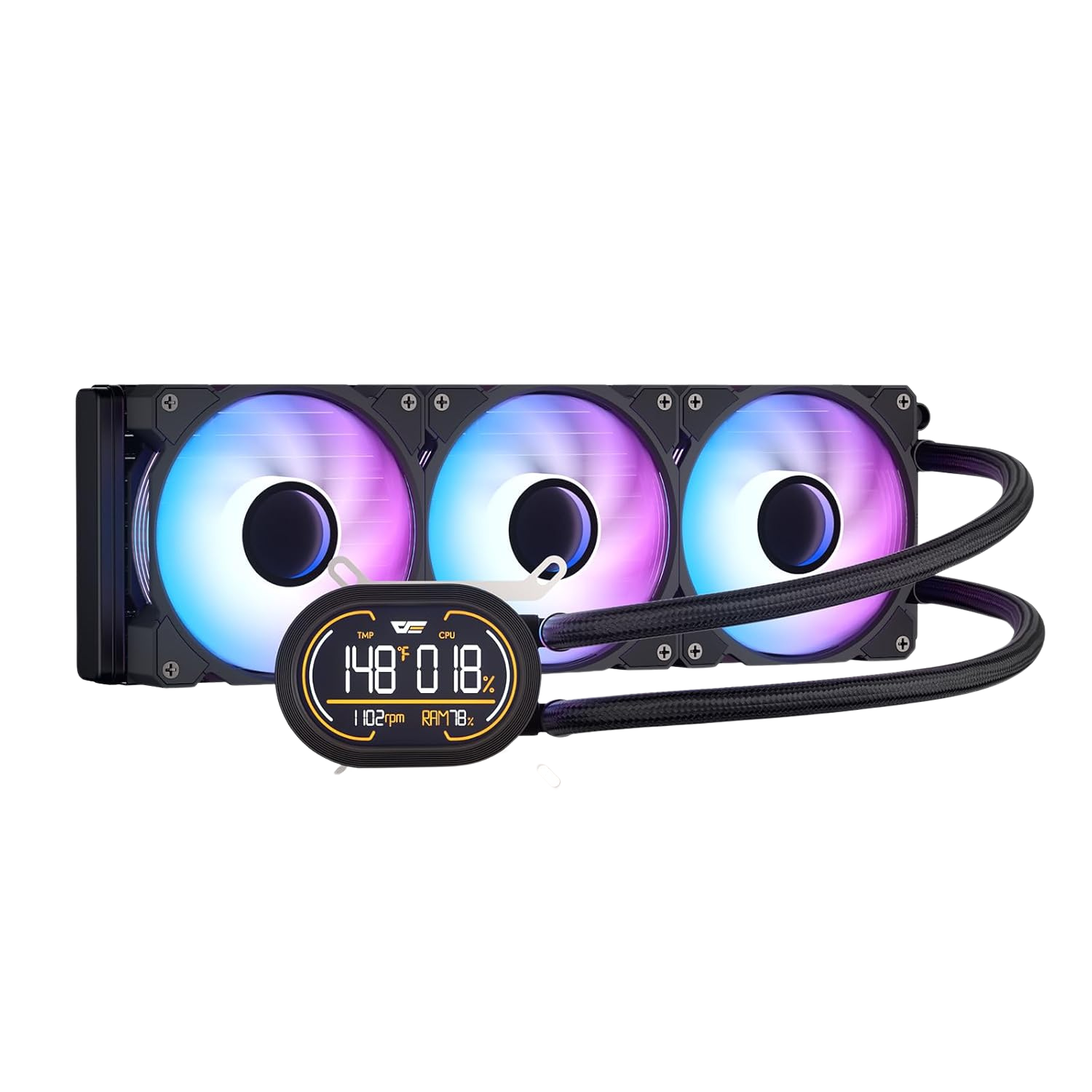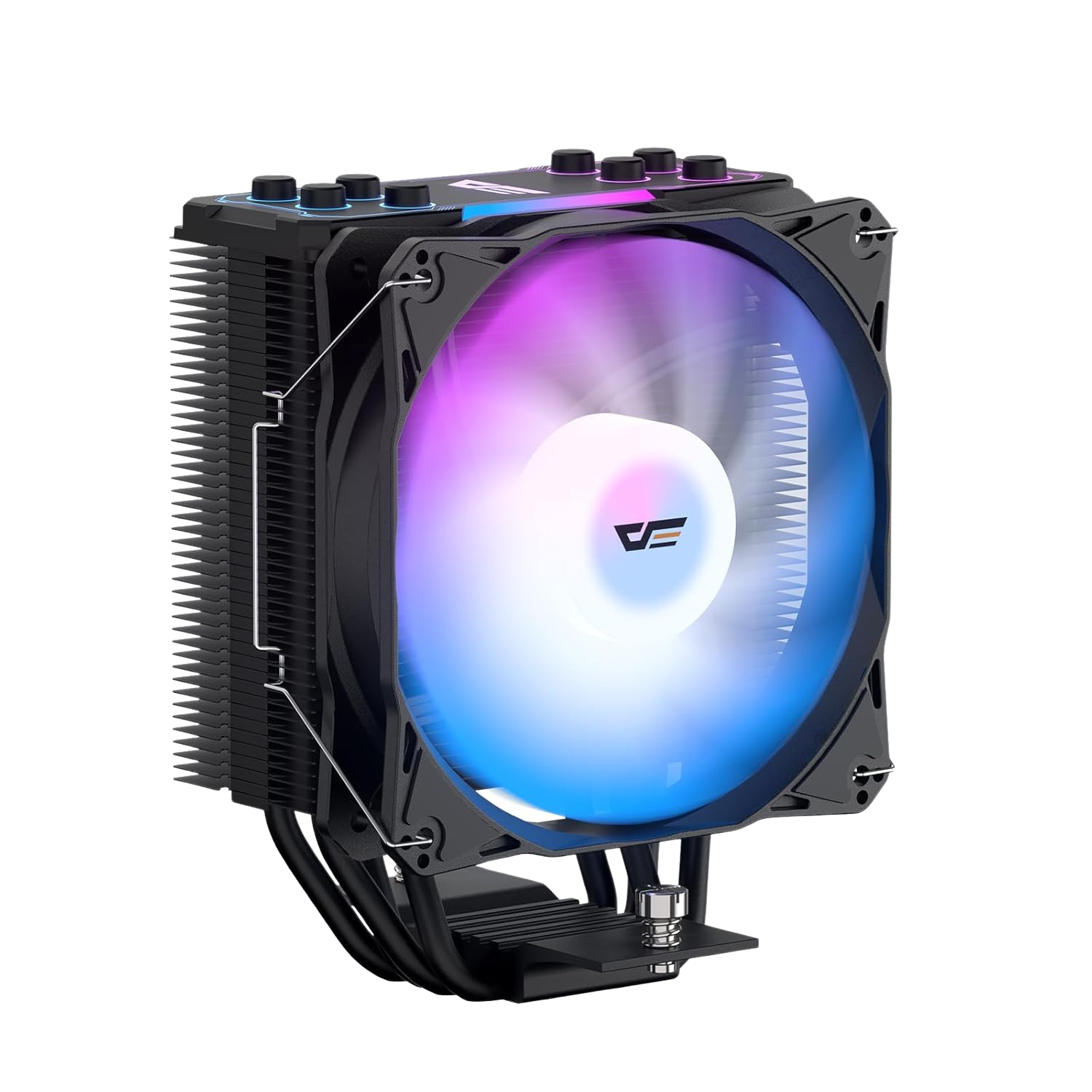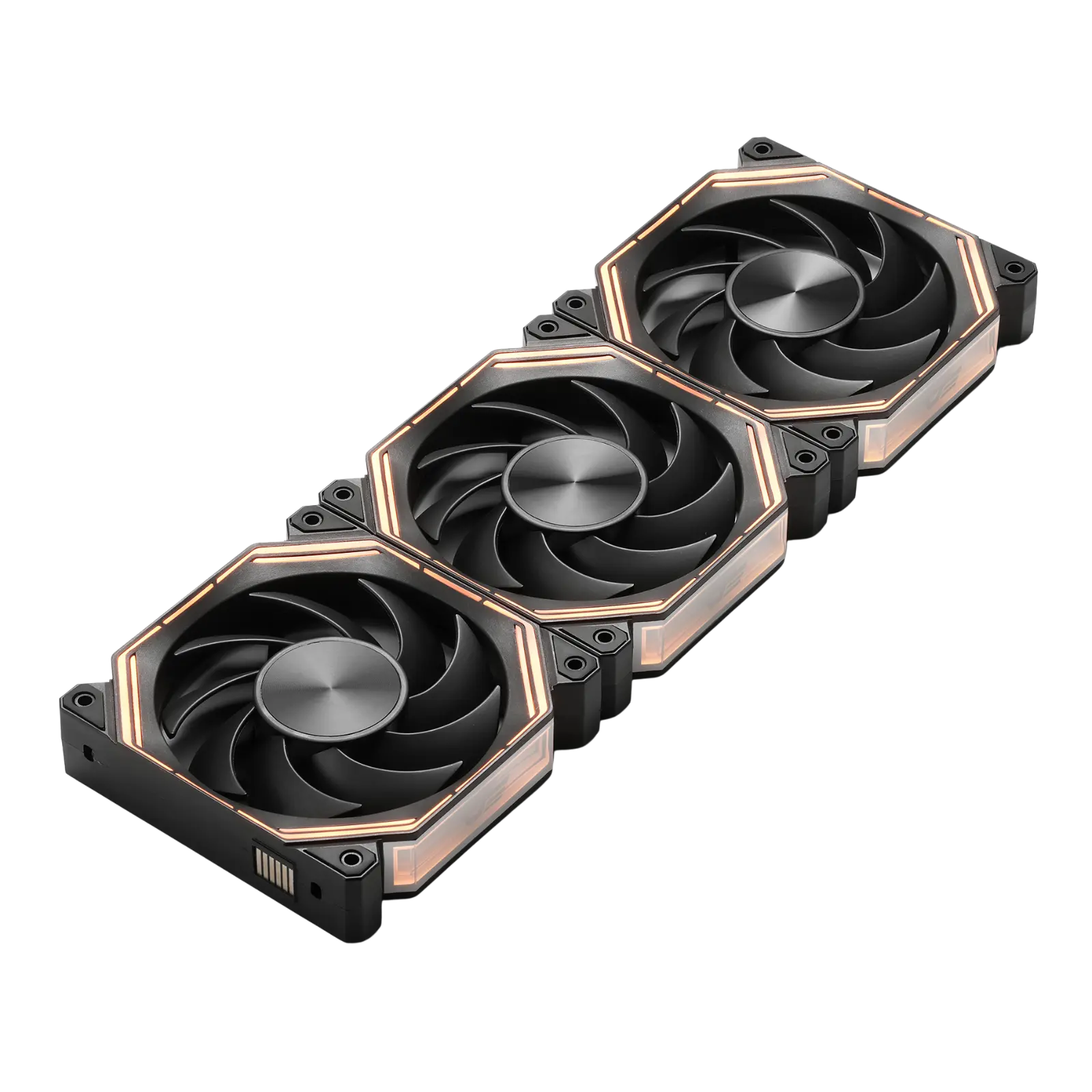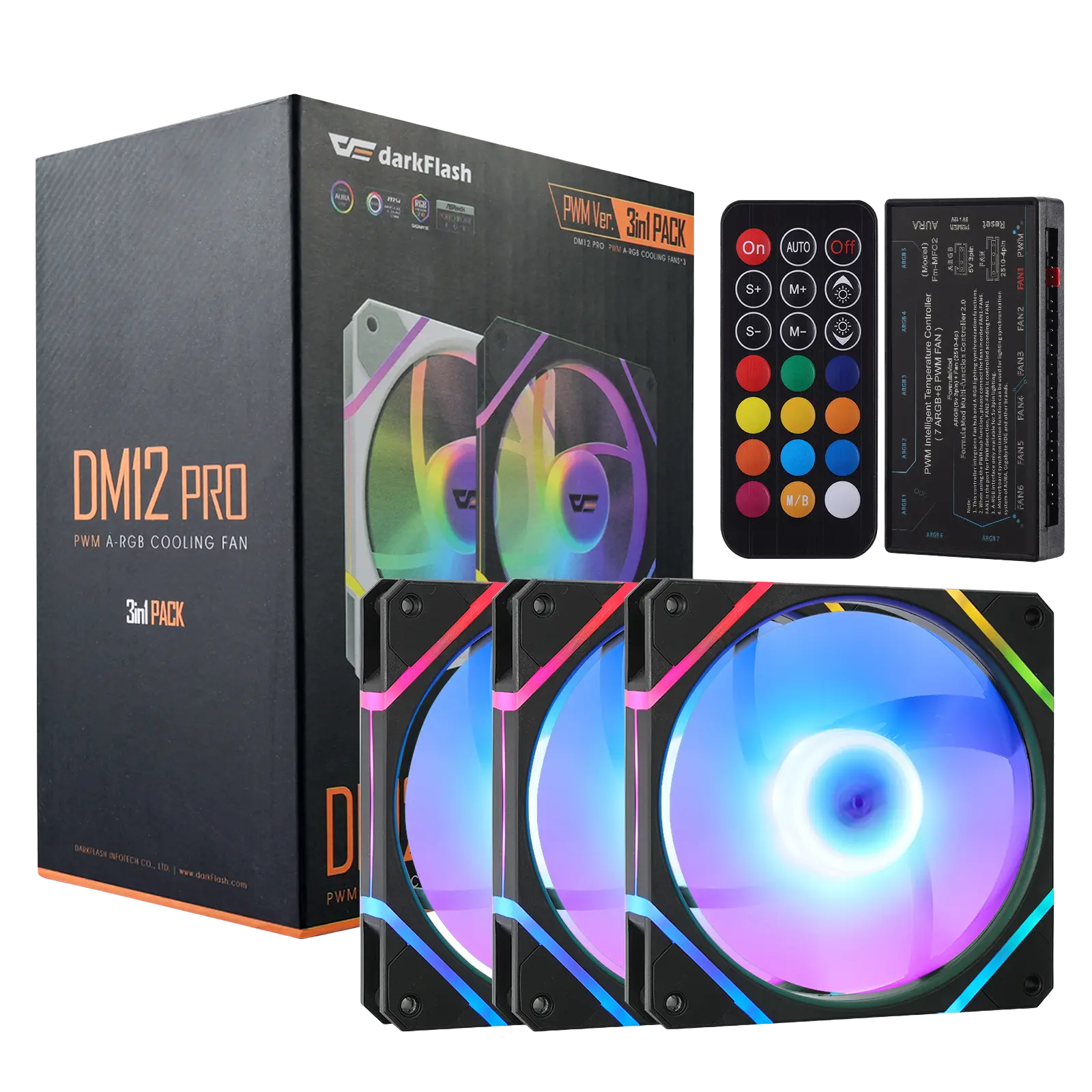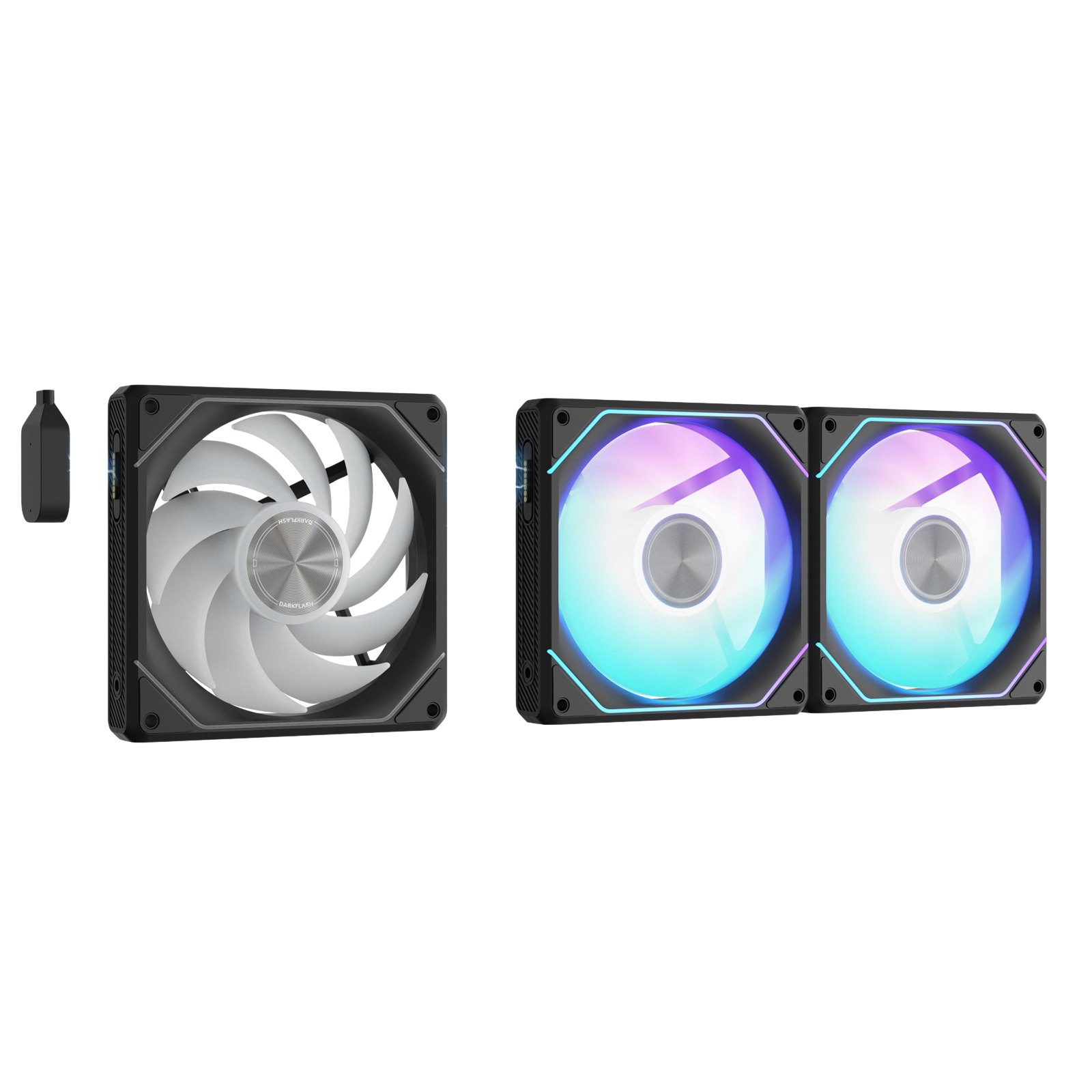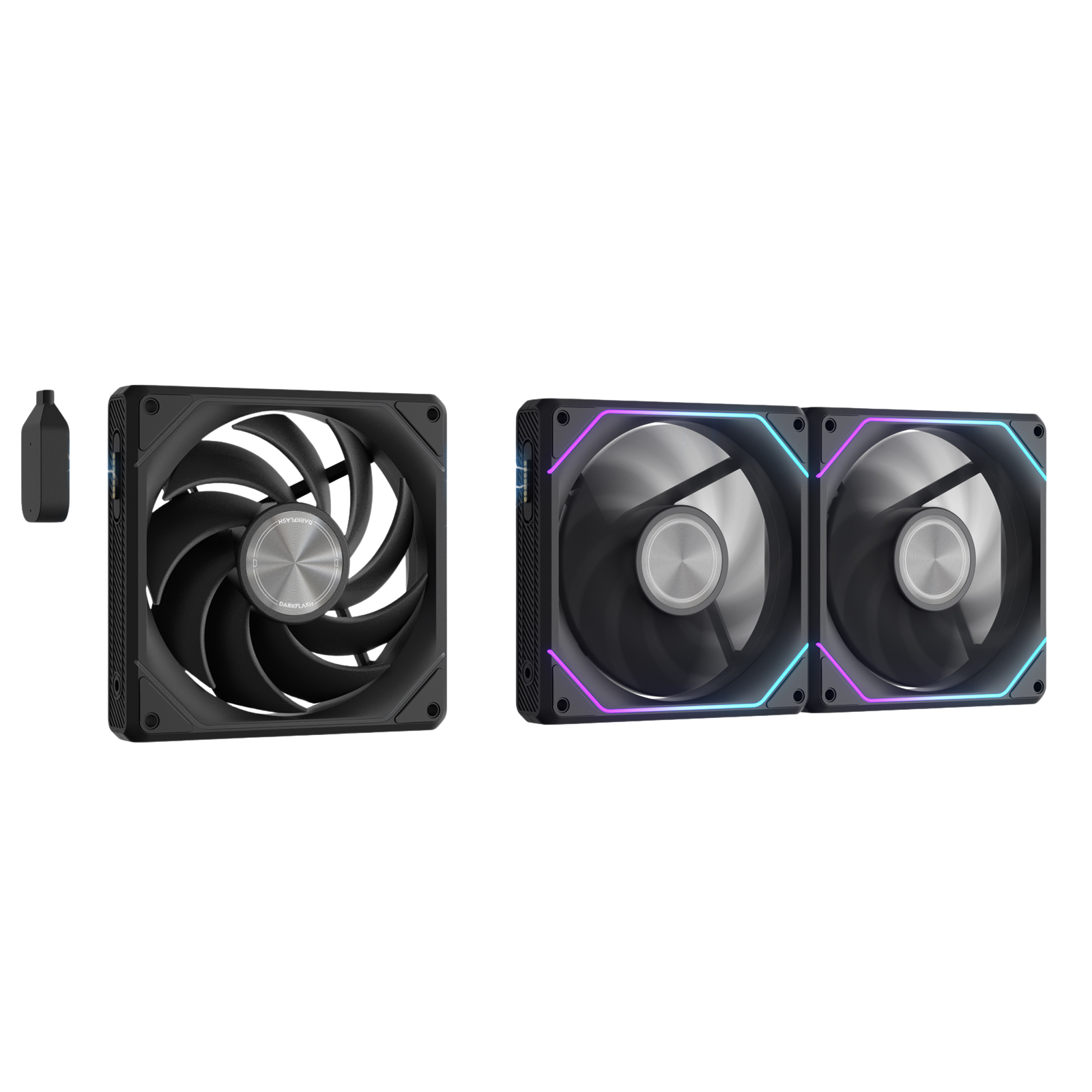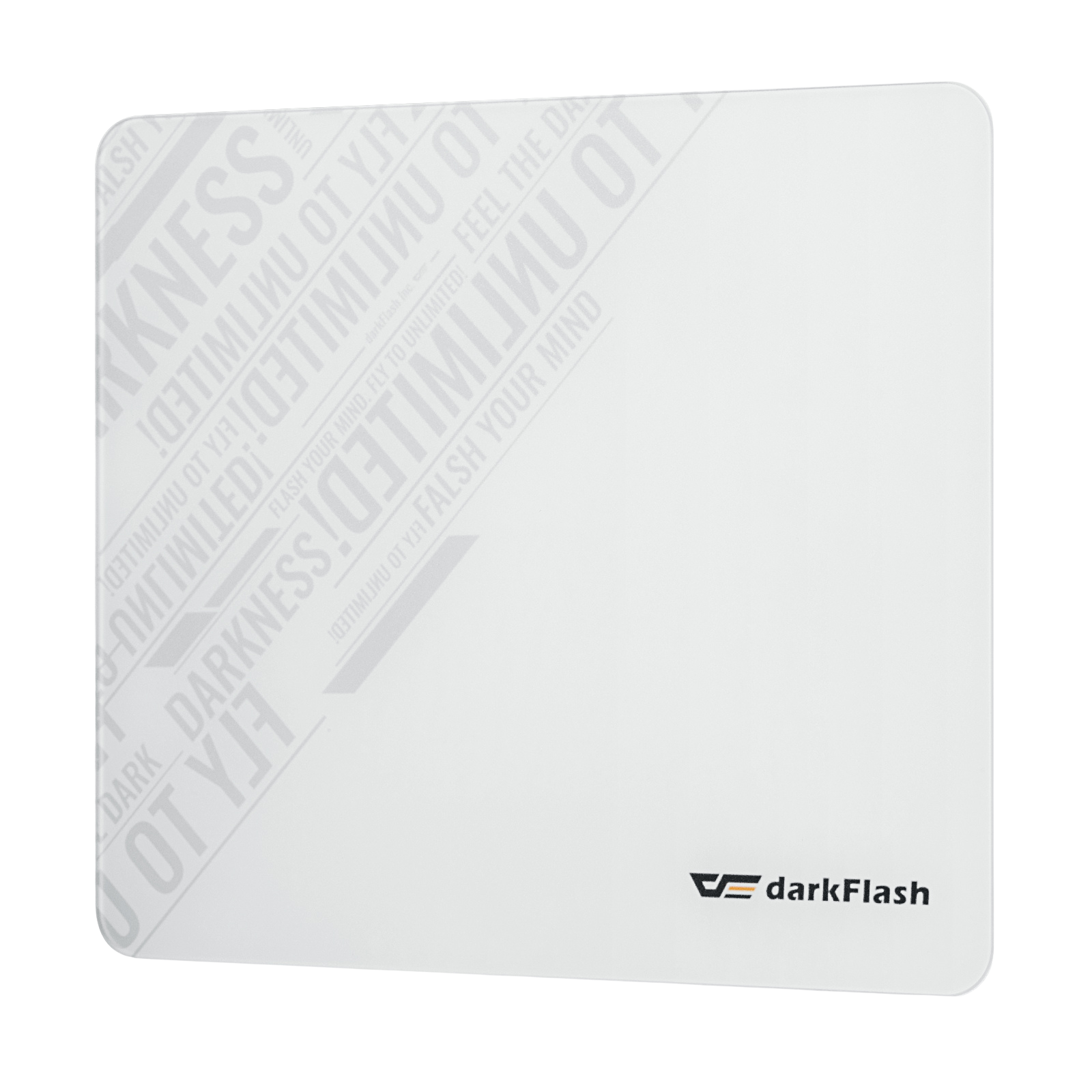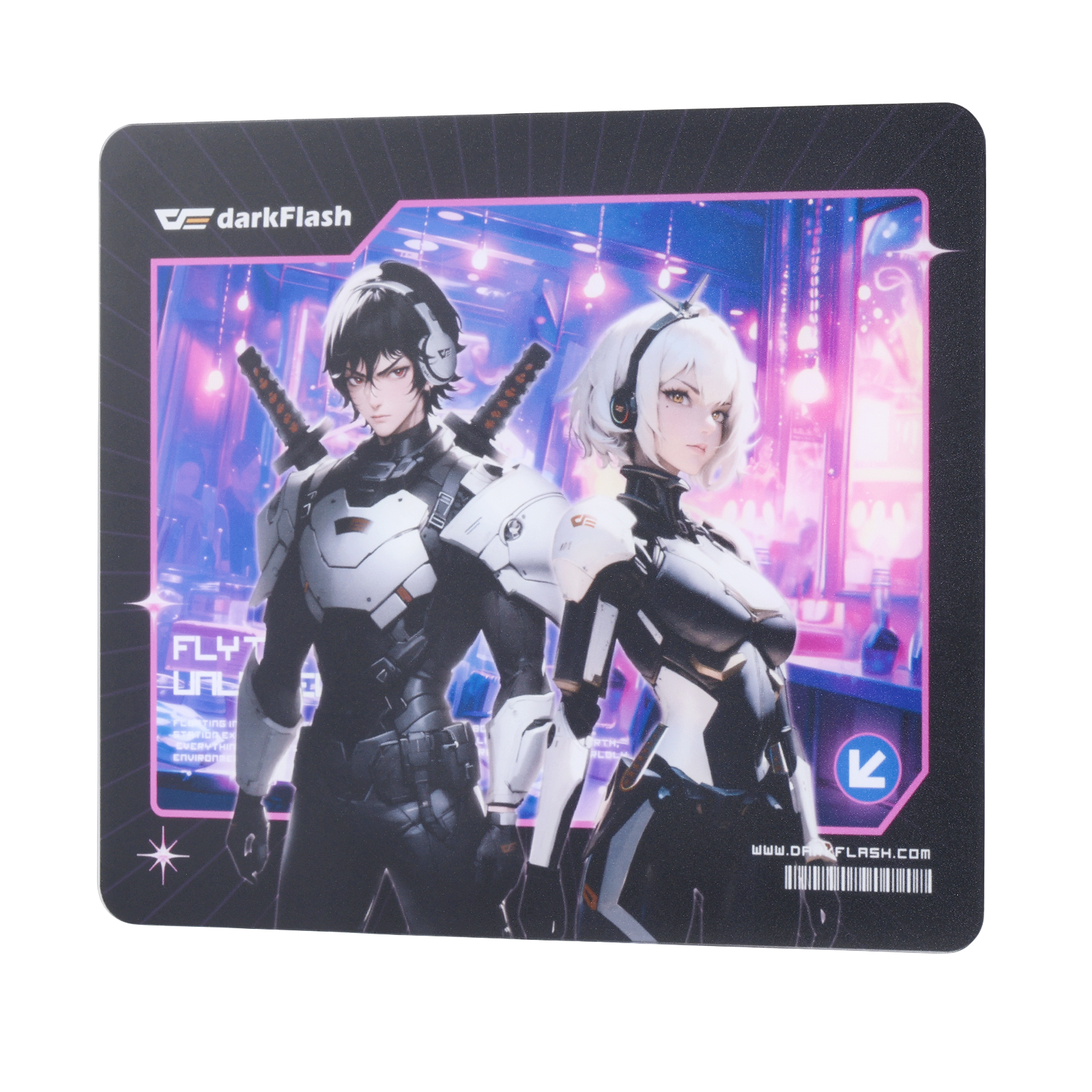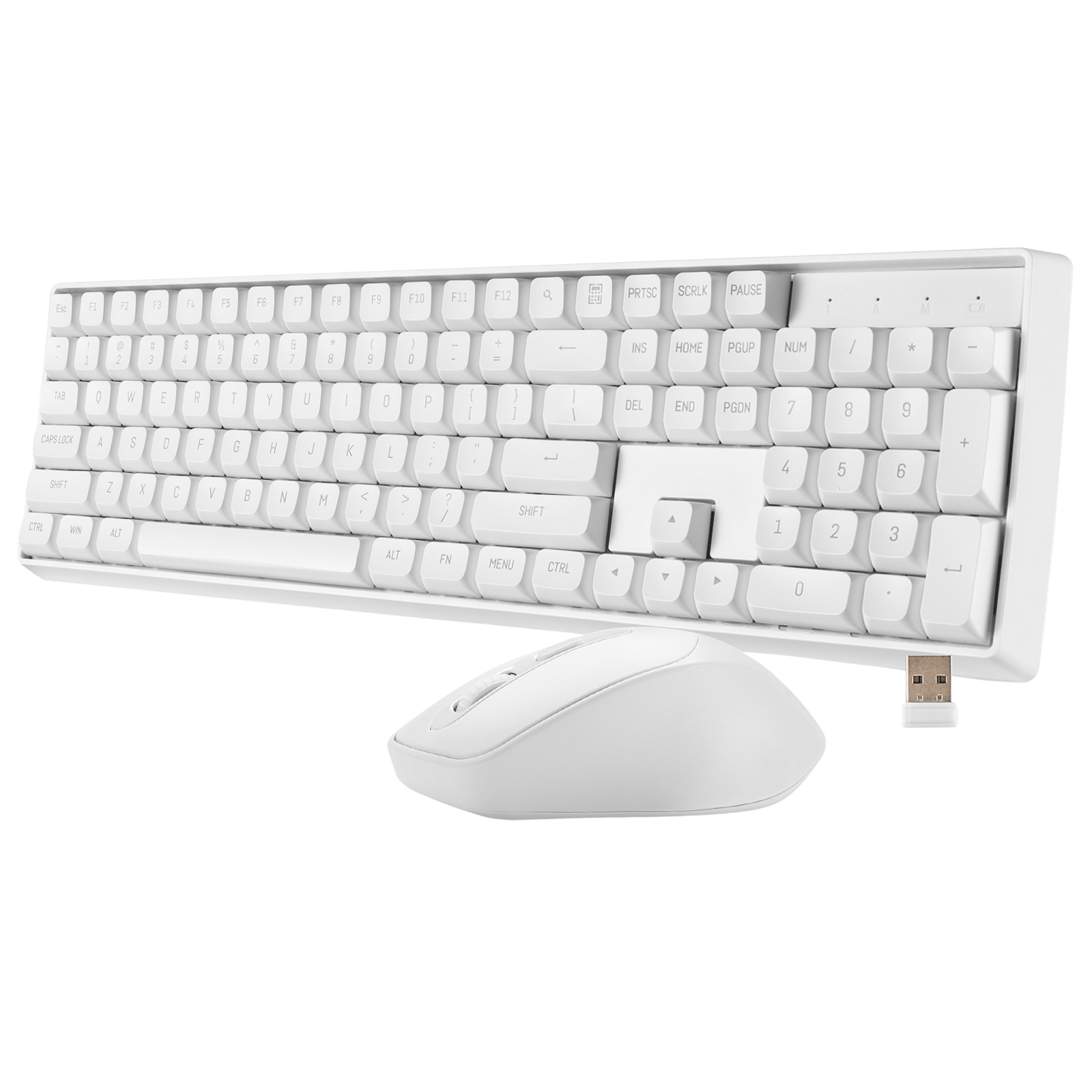How to Choose the Right PC Case Size
Share
Choosing the right computer case size is one of the most important steps when building a desktop PC. Not only does the case hold all the components together, it also directly affects cooling performance, ease of installation, and most importantly, compatibility with the motherboard.
In this guide, we'll detail what you need to know to choose the right case size and ensure your motherboard fits perfectly.
The four main PC case sizes
Full Tower
Supports: E-ATX, ATX, MATX, ITX
Best for: Gaming enthusiasts and high-end users
Pros: Plenty of room for multiple GPUs, extensive cooling
Cons: Large and heavy
Mid-Tower
Supports: ATX, MATX, ITX
Best for: Most gamers and everyday users
Pros: Balanced size and capacity
Cons: May not fit some extended E-ATX motherboards or extra-long GPUs
Mini-Tower
Supports: MATX, ITX
Best for: Budget or compact builds
Pros: Small footprint
Cons: Limited expansion options
SFF
Supports: ITX only
Best for: Portable or minimalist builds
Pros: Ultra-compact, thin, and light
Cons: Small space, limited airflow, limited component selection
Key Factors When Choosing a Case Size
1. Motherboard Dictates Size
First, choose the right case based on the size of your motherboard. For example, an ATX motherboard will not fit into an ITX case.
2. Cooling needs
High-end graphics cards usually require good airflow to prevent overheating. Water cooling radiators also need enough space. If you use powerful components, lean towards a mid-tower or full-tower case.
3. Future-proofing considerations
Will you upgrade to a larger GPU?
Do you need extra space for fans or water cooling?
Choosing a slightly larger case can save you trouble later.
4. Where to place it?
Measure your space! A large full-tower case may not fit under your desk. Choose the right size case based on the size of your space
Which PC Case Size Fits You Best?
The right case size ultimately depends on your specific needs and how you plan to use your system. Gamers and performance enthusiasts are advised to consider full-tower or mid-tower cases, which offer excellent cooling performance and space for multiple GPUs. For most everyday users, mid-tower cases strike an ideal balance between size and upgradeability without being too bulky. For office users, mini-tower or small form factor cases are sufficient, as they save valuable space while still accommodating low-power components. If portability is your top priority, moving between locations, compact SFF cases are lightweight and easy to transport.
Conclusion
Choosing the right PC case size depends on your build needs and personal preferences. Larger cases offer better cooling and expandability, while compact cases save space and enhance portability. Find the right case size for your build by considering motherboard support, GPU space, cooling needs, and future upgrades.
Looking for a high-quality PC case? darkFlash offers high-quality cases in a variety of sizes, designed to meet different user needs.
